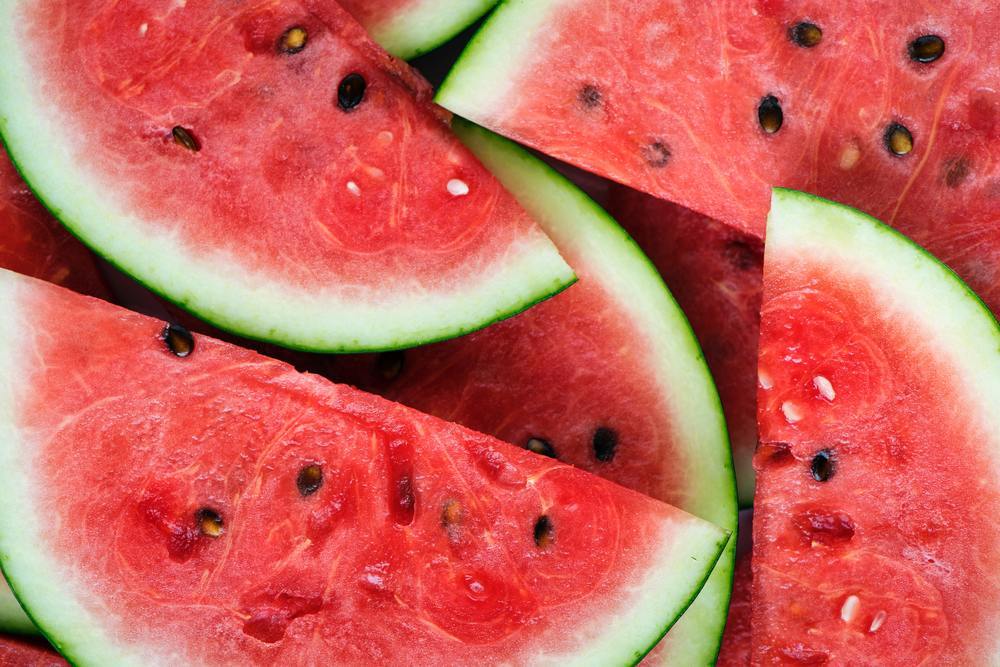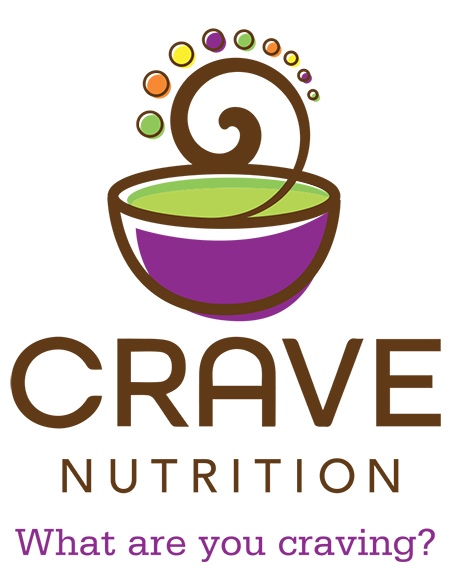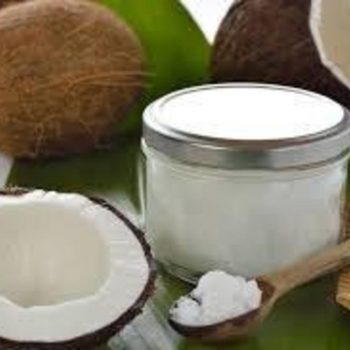The Benefits of Eating Fruit in Season this Summer
- Posted by CraveAdmin
- On August 17, 2021
- 0 Comments

June 28, 2018
Ah, it’s summer! There’s nothing like going to the farmer’s market and filling your basket with fresh produce for the season. Taking that first bite of a ripe plum or slurping watermelon always brings me back to summers at the beach. What’s your favorite summer fruit?
Certain fruits and veggies are more abundant in certain seasons – have you ever wondered why? Nature’s produce cycle actually supports our body’s needs, and gently leads us from season to season. For example, our bodies require more water in the summer months, and summer-season foods, such as watermelon, berries, and cucumbers, help us stay hydrated and cool. In the fall, transition foods, such as apples and root vegetables, help us acclimate to the upcoming cooler months.
There are many reasons to eat seasonally (and locally, if you can). Seasonal eating is kinder to the environment, requiring fewer pesticides and chemicals to nurture growth. Eating within the season also reduces the need for preservatives. Seasonal foods are grown locally, reducing fuel and transportation costs – often called “food mileage” or “food’s carbon footprint.” And, if it’s not being shipped from (most likely from overseas) where the fruit is in season, it doesn’t contain overseas contaminates (just because a pesticide is illegal in the U.S. doesn’t mean foreign countries have the same policies on produce). In addition, seasonal foods can ripen naturally in the sun and optimal weather, providing more antioxidants for our good health. And it just tastes better when it’s naturally ripened and harvested at the right time!
See below for a list of fruit to enjoy this summer.
| FRUIT | FUN FACT | CONTAINS | AWESOME BENEFITS |
| Avocado | Avocados contain more protein than any other fruit! | Fatty acids (omegas -6 and -3) | Helps improve brain function, metabolism, and bone, skin and hair growth |
| Vitamin C | Protects against immune system deficiencies | ||
| Vitamin K | Helps blood to clot, plays essential role in building strong bones and helps prevent heart disease | ||
| Potassium | Aids in nerve and muscle function | ||
| Blackberries | Blackberries are one of the most antioxidant-rich foods in the world! | Fiber | Aids in digestion and regulates blood sugar levels |
| Pectin | Aids in fighting disease and is very healthy for your heart | ||
| Antioxidants | Aids in cardiovascular health, brain function (including memory) and cancer prevention | ||
| Vitamin C | Protects against immune system deficiencies | ||
| Blueberries | Blueberries are one of the world’s healthiest foods! | Vitamin K | Helps blood to clot, plays essential role in building strong bones and helps prevent heart disease |
| Fiber | Aids in digestion and regulates blood sugar levels | ||
| Vitamin C | Protects against immune system deficiencies | ||
| Antioxidants (polyphenols) | Aids in cardiovascular health, brain function (including memory) and cancer prevention | ||
| Cherries | The U.S. is the world’s second-largest cherry producer (next to Turkey)! | Antioxidants | Helps fight disease and contains lots of nutrients |
| Fiber | Aids in digestion and regulates blood sugar levels | ||
| Vitamin C | Protects against immune system deficiencies | ||
| Potassium | Aids in nerve and muscle function | ||
| Anthocyanins | Helps reduce the risk of Alzheimer’s disease, heart disease and diabetes | ||
| Anti-inflammatories | Relieves pain for arthritis | ||
| Grapefruit | Half a grapefruit contains ¾ of your daily amount of vitamin C! | Vitamin C | Protects against immune system deficiencies |
| Vitamin A | Plays an important role in bone growth | ||
| Fiber | Aids in digestion and regulates blood sugar levels | ||
| Potassium | Aids in nerve and muscle function | ||
| Lycopene | Helps fight disease | ||
| Mangos | Mango has more potassium than a banana! | Vitamin A | Plays an important role in bone growth |
| Vitamin C | Protects against immune system deficiencies | ||
| Fiber – and lots of it! | Aids in digestion and regulates blood sugar levels | ||
| Potassium | Aids in nerve and muscle function | ||
| Oranges | An orange contains 90% of your daily amount of vitamin C! | Vitamin C | Protects against immune system deficiencies |
| Limonin | Helps fight cancer | ||
| Thiamin | Provides energy to the body by helping convert carbohydrates to energy. | ||
| Folate | Protects your heart, helps maintain a healthy pregnancy and boosts cognitive function | ||
| Peaches | The peach seed (inside the pit) is poisonous if ingested! | Vitamin A | Plays an important role in bone growth |
| Vitamin C | Protects against immune system deficiencies | ||
| Vitamin E | Helps protect the heart and eyes | ||
| Plums | Dried or fresh, plums are an excellent source of fiber! | Potassium | Aids in nerve and muscle function |
| Vitamin C | Protects against immune system deficiencies | ||
| Fiber | Aids in digestion and regulates blood sugar levels | ||
| Sorbitol | Serves as a mild laxative | ||
| Strawberries | A strawberry is technically not a berry because the seeds are on the outside instead of on the inside! | Vitamin C | Protects against immune system deficiencies |
| Fiber | Aids in digestion and regulates blood sugar levels | ||
| Folate | Protects your heart, helps maintain a healthy pregnancy, boosts cognitive function | ||
| Potassium | Aids in nerve and muscle function | ||
| Watermelon | Watermelon is 92% water! | Inflammation-fighting antioxidants | Reduces the risk of macular degeneration and prostate cancer |
| Vitamin C | Protects against immune system deficiencies | ||
| Vitamin A | Plays an important role in bone growth | ||
| Potassium | Aids in nerve and muscle function | ||
| Water | Contributes to fluid intake (especially important on hot summer days) |
For the nutritional value of more seasonal fruits in your region, check out the Seasonal Food Guide. https://www.seasonalfoodguide.org/



